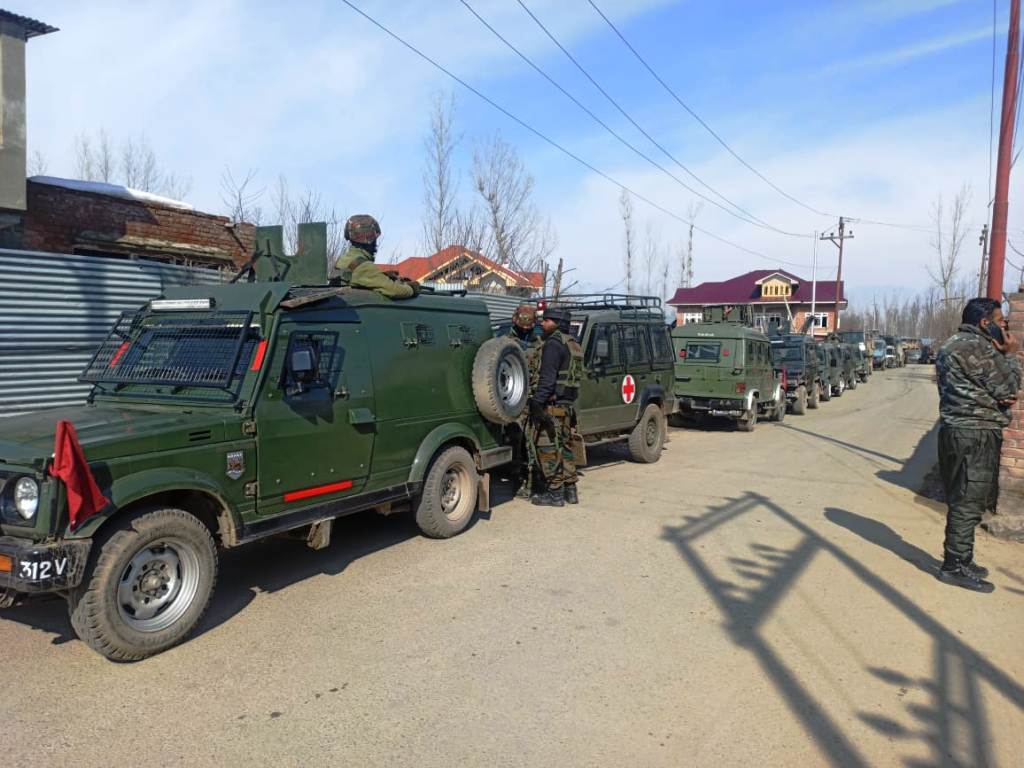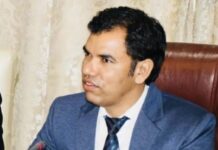Srinagar
A three-day national seminar on ‘Composite Culture in Indian History, with Special Reference to Kashmir’ began at the University of Kashmir on Saturday.
The seminar has been organised by the Department of History in collaboration with the Indian Council of Social Science Research, North Eastern Regional Centre, Chandigarh.
In his presidential address, Vice-Chancellor Prof Khurshid Iqbal Andrabi said: “Culture has to be dynamic so that it may assimilate such positive changes and developments which are beneficial for the society. And in a pluralistic society, a composite culture provides a perfect opportunity to an individual to accept and adjust to changing times without losing his/her heritage and traditions.”

Referring to Kashmir, Prof Andrabi said: “In Kashmir, we can easily observe the influence of words from Sanskrit, Arabic, Persian, Hindi and Urdu in our daily conversations and it is this composite culture which existed here for centuries and has therefore helped us understand and appreciate various arts, traditions and languages in a much better way.”
Speaking on the occasion, Dean of Research at KU, Prof Zaffar A Reshi, who was the chief guest, said: “There is no doubt that composite culture helps in exchange of ideas where diversity in languages, religions, customs and traditions has its own benefits, but at the same time there is need to draw a line somewhere so as to make it clear that fusion up to what level can be accepted to avoid any chaos and confusion in the society.”
Najaf Haider, a renowned professor of medieval history at the Centre of Historical Studies, Jawaharlal Nehru University, New Delhi delivered the keynote address during which he took a leaf from the medieval history of India and referred to architecture, literary works and politics of that time. He underscored that cultures did exist together in the past in complete harmony, with each overshadowing the other in its own time and space.
Earlier, Prof Mohammad Yousuf Ganai, HOD History, presented a welcome address and highlighted the aims and objectives of the seminar. He also presented a brief profile of the department.















